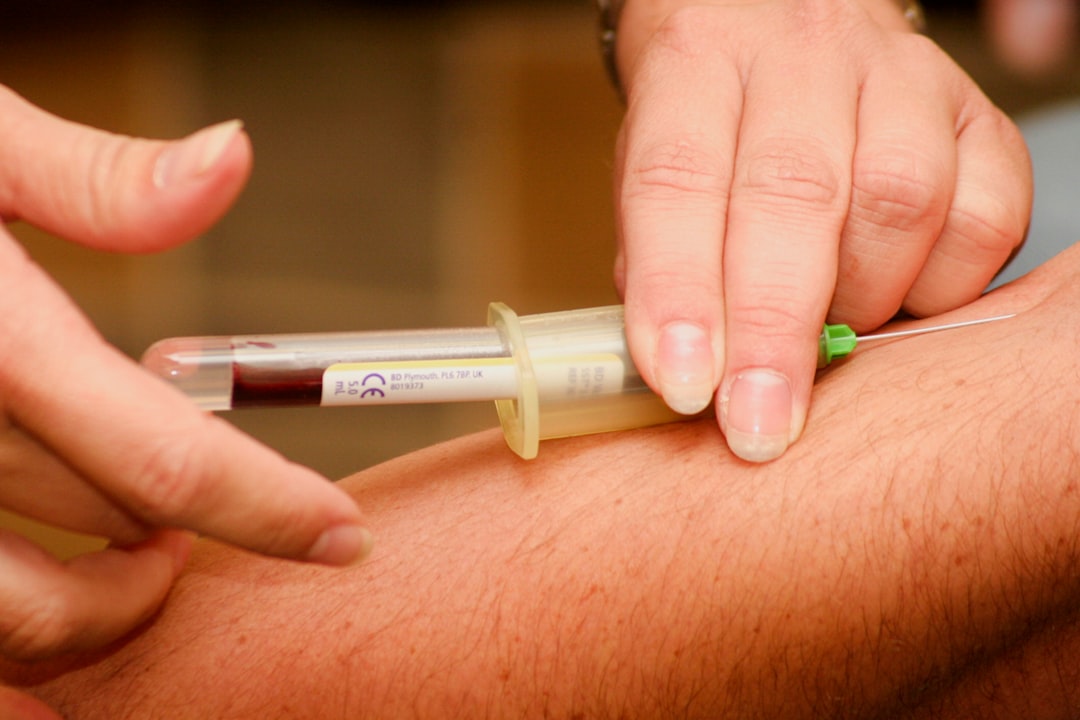What is it about?
Compared to heterosexual, cisgender populations, lesbian, gay, bisexual, transgender, and queer (LGBTQ) people are much more likely to suffer a variety of serious health conditions and far less likely to access preventive services, especially when they are members of other health disparities populations, i.e., Hispanics/Latinos, Native Americans, socioeconomically disadvantaged groups, and rural residents. Primary care services are the frontline of prevention, screening, and healthcare delivery across the life course; however, few have mechanisms to create practice milieus that are attentive to LGBTQ patients. This study will produce data to select, adapt, and develop LGBTQ practice guidelines and implementation strategies; develop an implementation toolkit with stakeholder input; and pilot the toolkit to promote LGBTQ-specific cultural competence at multiple levels of service delivery and enhance LGBTQ health in primary care clinics where providers are stretched to form a healthcare safety net for socially diverse communities throughout the U.S.
Featured Image

Photo by Online Marketing on Unsplash
Why is it important?
People who are LGBTQ face substantial health disparities and barriers that prevent them from accessing and utilizing quality healthcare services. This study will provide primary care clinics with evidence-informed strategies and tools to improve services for members of this population.
Perspectives
This article offers a useful example of a research design for collecting and analyzing data that can inform improvements in services for LGBTQ patients in primary care settings.
Cathleen Willging
Pacific Institute for Research and Evaluation
Read the Original
This page is a summary of: Enhancing primary care services for diverse sexual and gender minority populations: a developmental study protocol, BMJ Open, February 2020, BMJ,
DOI: 10.1136/bmjopen-2019-032787.
You can read the full text:
Contributors
The following have contributed to this page










